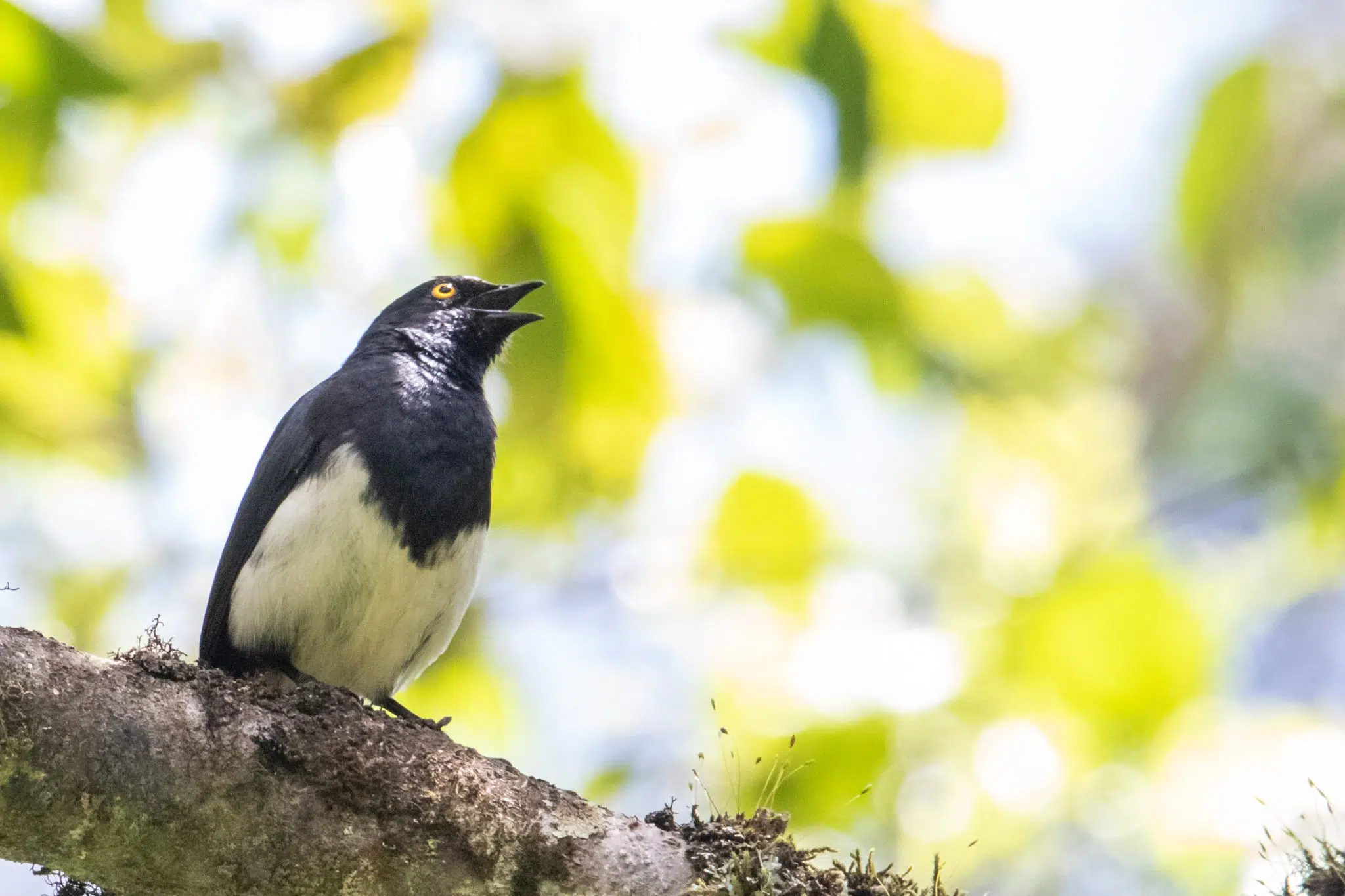
Global Study Finds Conservation Actions Effective in Reversing Biodiversity Loss
A new study by BirdLife International scientists, published in the journal Science, has proven that conservation actions are effective in stopping and even reversing biodiversity loss. The meta-analysis of 186 studies and 665 trials examined conservation efforts globally, from the islands of Florida to the forests of the Amazon and Congo basin, as well as the rivers of the Asian plateaus.
Rather than focusing solely on individual conservation projects, the research encompassed a wide range of interventions around the world over more than a century. The results showed that conservation actions led to improvements in biodiversity or at least slowed its decline in a majority (66%) of cases compared to no action being taken. This study is groundbreaking because it evaluated a large number of interventions across time and space.
The study found that when conservation interventions are successful, they are highly effective. These interventions included measures such as establishing and managing protected areas, eradicating and controlling invasive species, sustainably managing ecosystems, and reducing and restoring habitat loss. Overall, this study provides evidence that conservation actions can make a difference in preserving biodiversity for future generations.
